31 Women Making History by Creating a Better Future
MAR 1 2018, 11:40AM
For every day in March, we're highlighting one woman who saw a problem in the world and decided to do something about it.
As we ease into Women's History Month, we want to recognize some of the women making history right now. Every day in March, we'll be adding one new profile to the list—highlighting a total of 31 women who each saw a problem and decided to do something about it.
In this global dumpster fire of an era, women and other marginalized groups are constantly framed and treated as victims. But it's increasingly important to be aware of our collective power. The women we’ll feature include South African anti-poaching activists taking species preservation into their own hands, skateboarding “brujas” creating inclusivity on the half-pipe, and doctors advancing reproductive technology for trans people. Working in a wide range of fields, they have all taken it upon themselves to build a more just and livable future.
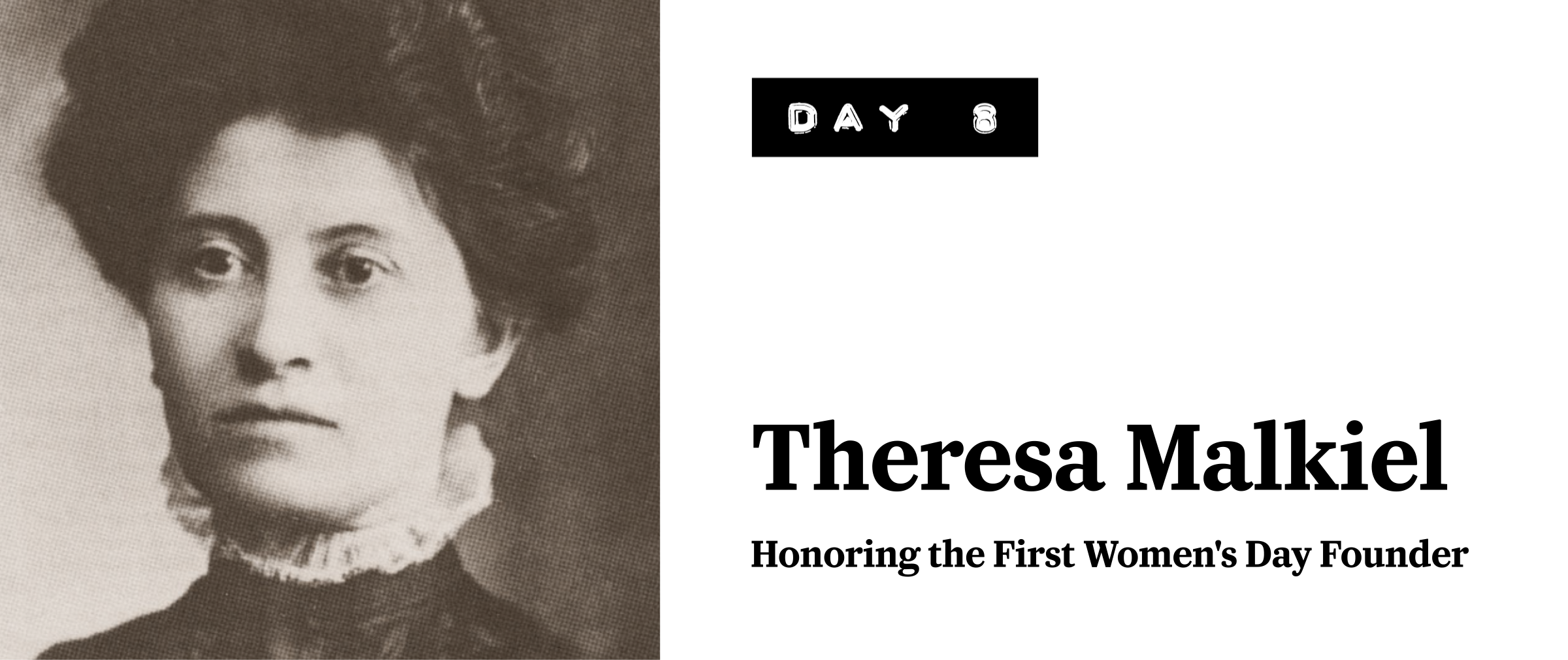
March 8 is International Women’s Day, a worldwide celebration commemorating the social, economic, and political achievements of women. While we currently celebrate International Women’s Day in March, the first ever Women’s Day event was actually organized by American labor activist and suffragist Theresa Malkiel in New York City on February 28, 1909 for the Socialist Party of America. Malkiel worked in the New York City’s garment factories before becoming involved with the Socialist Party of America. While in theory the Socialist Party supported the equal rights of men and women, in practice, women were often overlooked in the party’s goals and ranks. In 1909, Malkiel organized the first-ever annual Women’s Day held in New York City. Inspired by Malkiel’s Women’s Day event, the next year, a group of female European socialists gathered in Denmark to create “International Women’s Day.” In 1912, over a million people gathered across the European continent to celebrate the newly created International Women's Day.
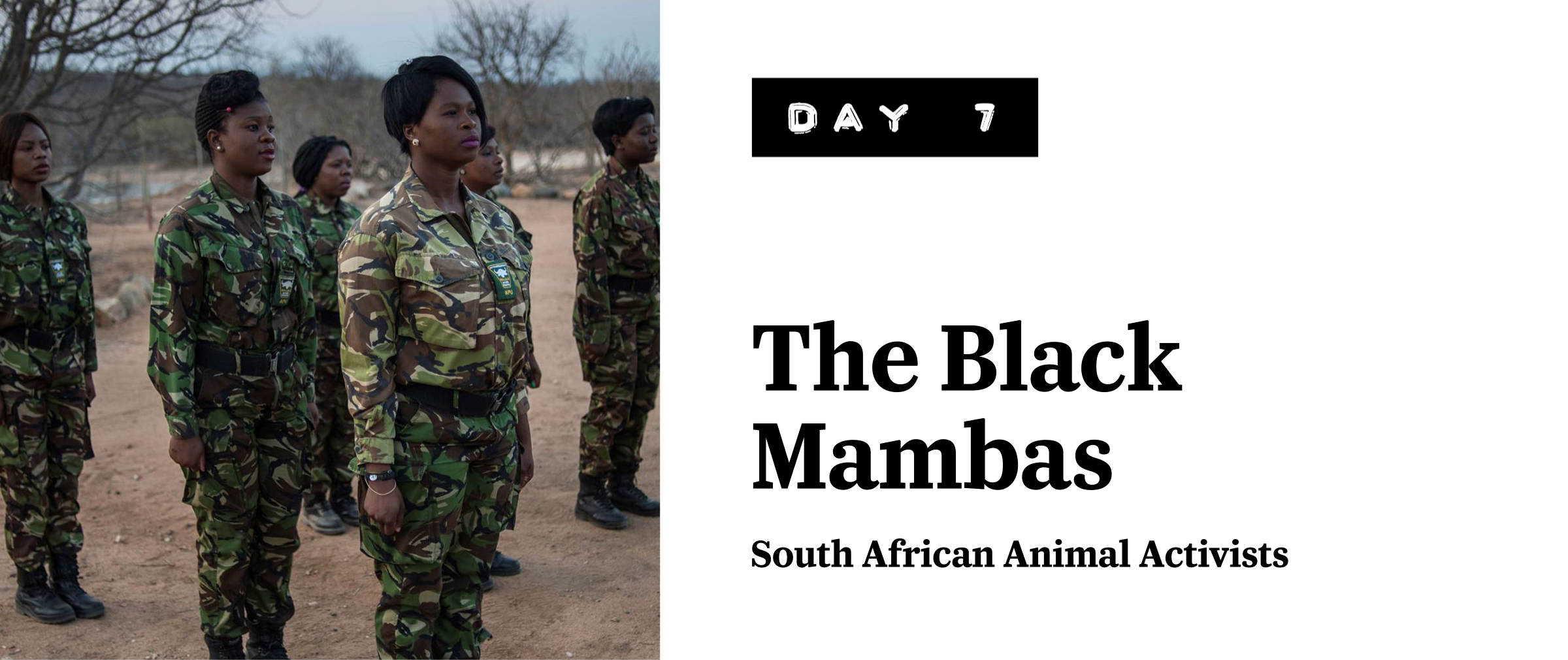
The mission of the Black Mambas is to combat poaching with education, not guns. Mambas will spend 21 days straight patrolling the park for four hours in the morning and four hours at night, listening for the sound of gunshots and looking for suspicious activity. Recently, the group started offering tours to guests in order to teach them about the land and the animals that live on it.
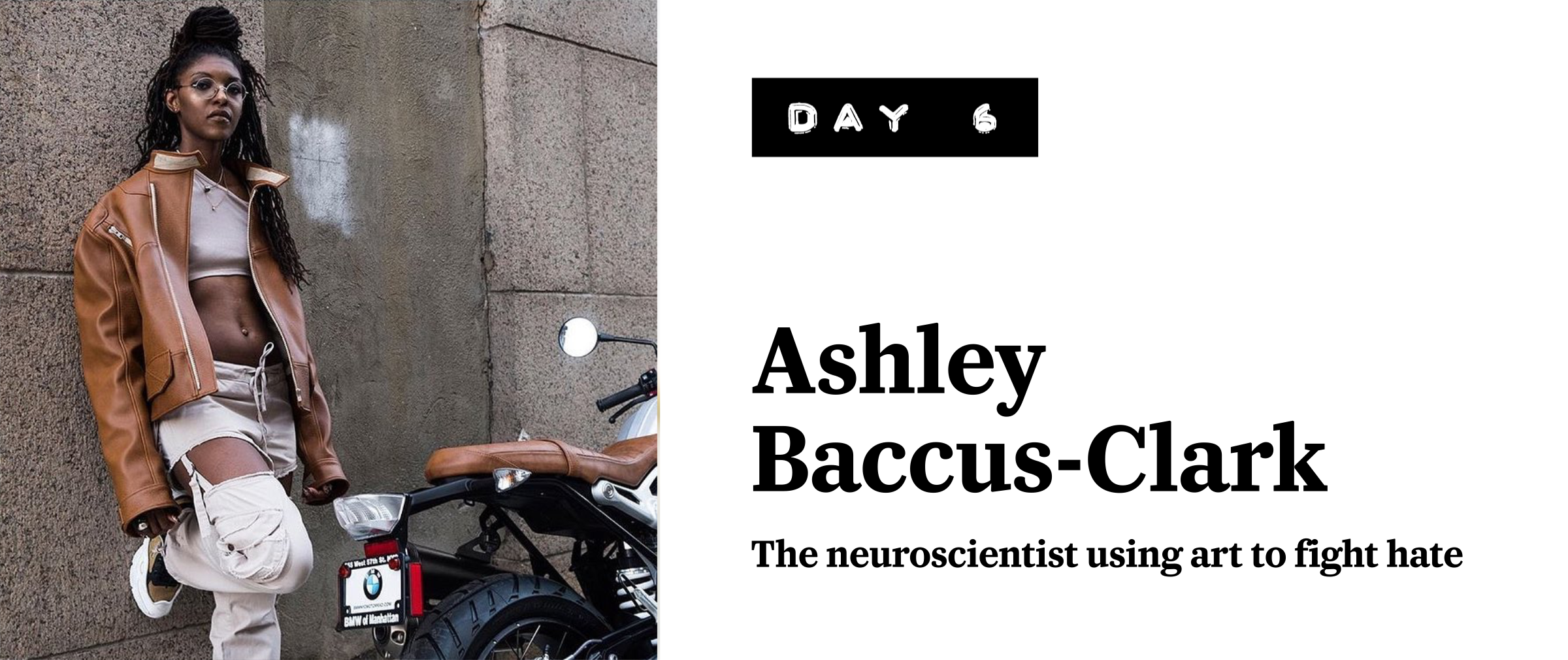
In July 2016, two black men, Philando Castile and Alton Sterling, were shot and killed by the police within days of each other. Molecular biologist Ashley Baccus-Clark wanted to do something about it but felt like she didn’t have an avenue to express her feelings or help the situation in any tangible way at the time. So she decided team up with Hyphen-Labs, a collective with a focus on storytelling through art, tech, and science that centers women of color as the pioneers of emerging technology. Hyphen-Labs’ latest installation, called NeuroSpeculative AfroFeminism, is a VR experience that aims to tackle racism by allowing viewers to live through the avatar of a black woman in a futuristic hair salon.
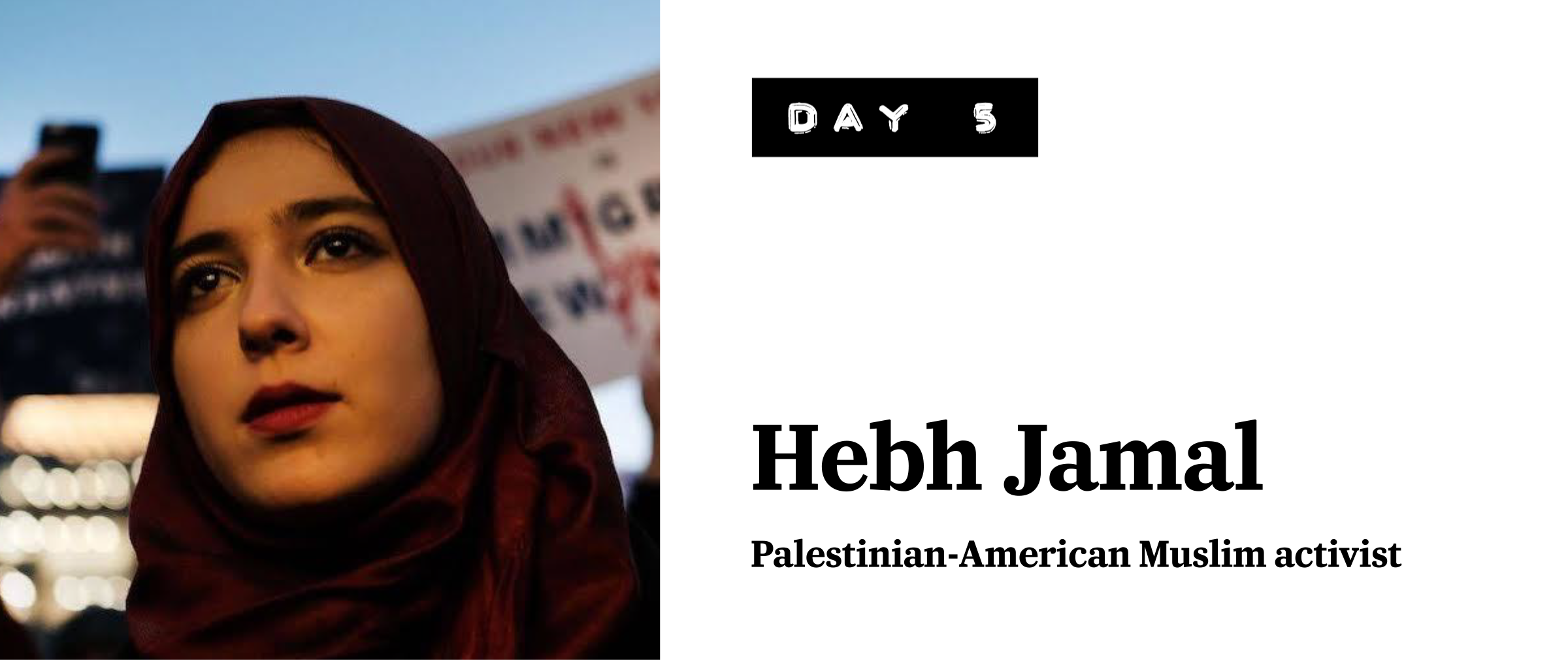
In January 2017, President Donald Trump announced his initial “Muslim Ban,” a travel ban barring the populations of seven majority Muslim countries from entering the United States. In response, protests erupted at airports and public spaces across the nation. One protest in downtown New York City’s Foley Square was planned by then-high school senior, Hebh Jamal, who tasked herself with organizing the hundreds of high school students who had pledged on social media to walk out of class in protest of the Trump administration and its ban. During the school walkout, Hebh rallied the young masses, urging youth to commit to a lifetime of activism and to stand up for the rights of others. Since then, Jamal has established herself a formidable and thoughtful leader in the resistance against Trump. Now a college freshman, Jamal has continued her work on establishing interfaith networks of action and protest against 45.
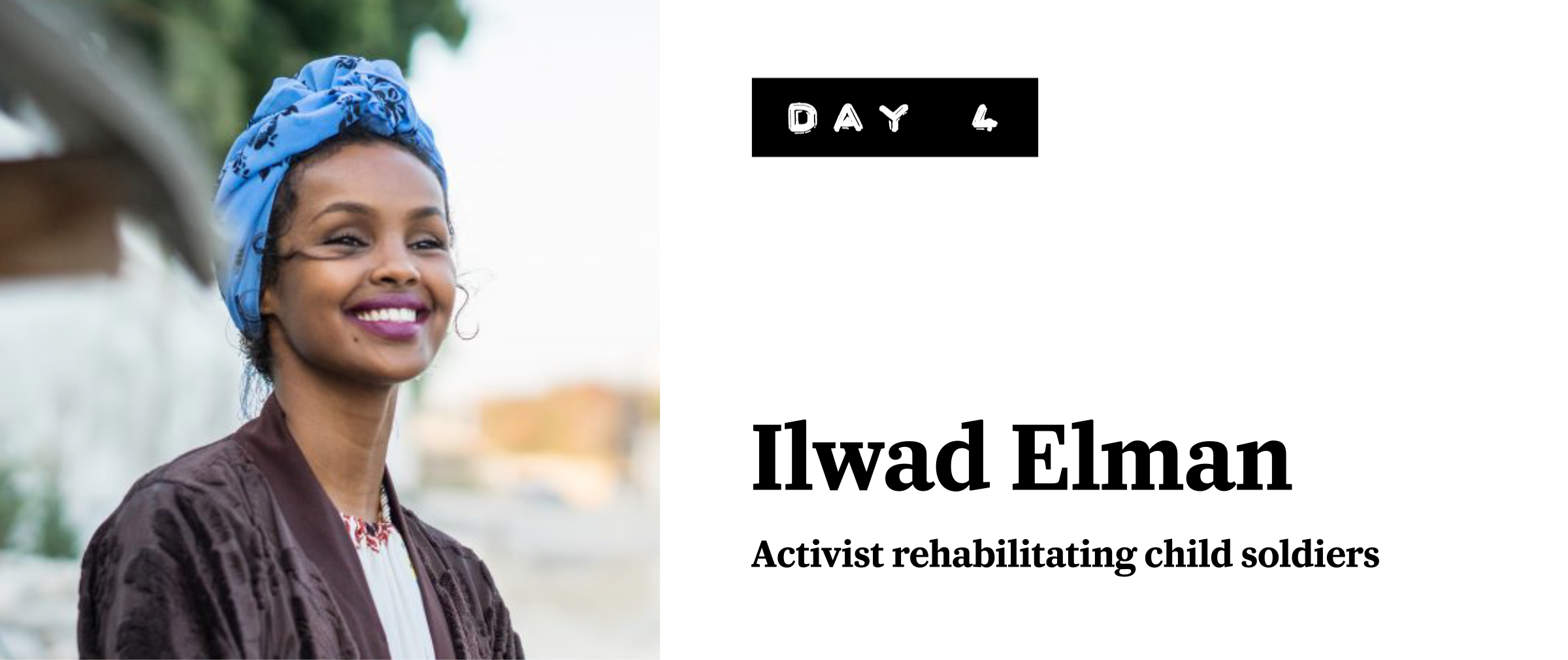
In Somalia, a country where over two thirds of youth are unemployed, the al-Qaeda backed terror group al Shabaab targets children in its efforts to train and enlist soldiers. Children as young as nine are lured to al Shabaab through false promises of education and aid and are instead trained to use weapons, transport explosives, carry ammunition, and even enter combat. In Somalia, between 2010 and 2016, over 6,000 children were recruited to become child soldiers. For Somali-Canadian activist Ilwad Elman, those numbers are intolerable and she has dedicated her life's work to ending the inhumane practice. Currently, Elman serves as the Director of Programs and Development of the Elman Peace and Human Rights Center, a NGO located in Somalia’s capital which provides rehabilitation for former child soldiers in addition to education and aid to vulnerable youth. Through her work, Elman is on a mission to ensure that Somalia’s children grow up as kids, not soldiers.
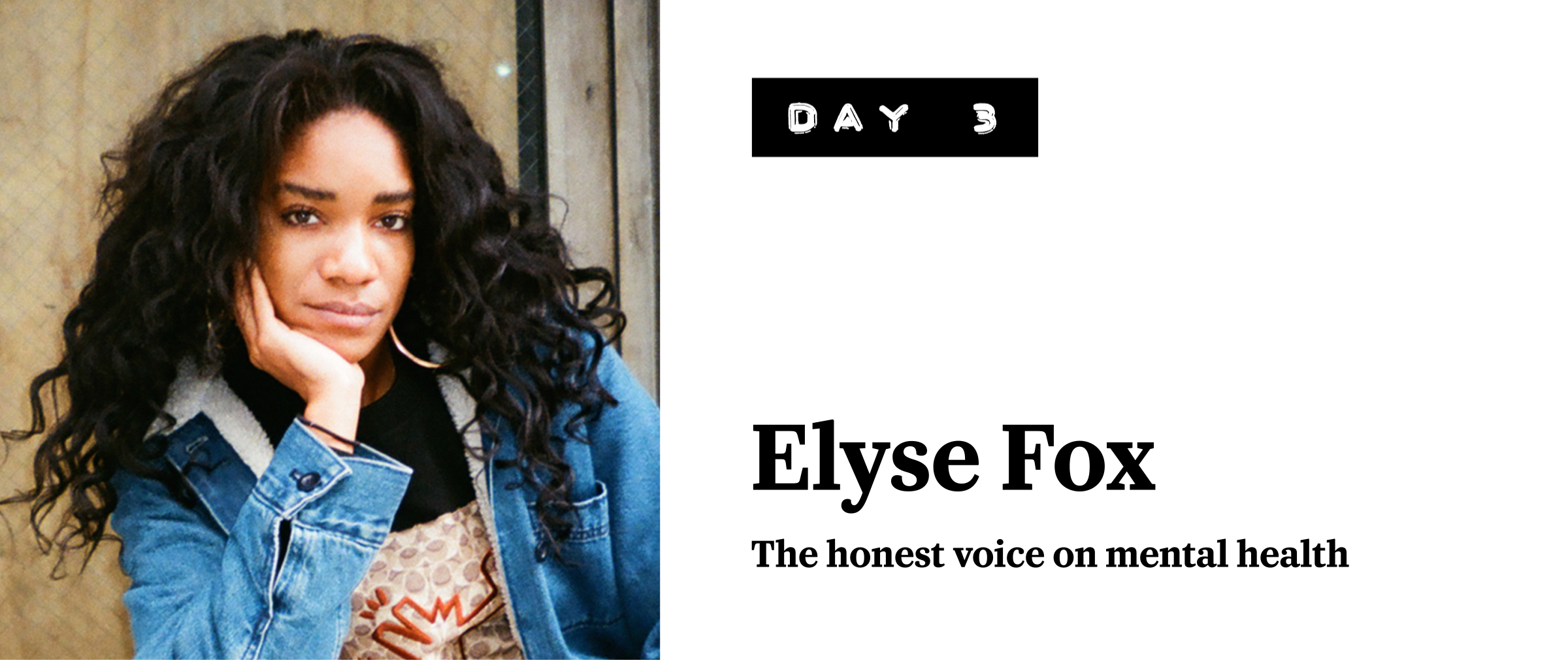
Growing up, no one in Elyse Fox’s family talked about her depression. Now, the Brooklyn-based filmmaker is on a mission to break down the still present social stigma surrounding mental health and illness. In 2017, Fox founded Sad Girls Club, an in-person and online community for girls dealing with mental health issues. “I don’t want to sensationalize depression or mental health, I just want to make it normal to talk about,” Fox told Broadly. Though it is called Sad Girls Club, people of all genders are welcome to join the community. Last month, the club hosted a heartbreak-focused Valentine’s Day event in Greenpoint, Brooklyn, where members shared sweet treats and advice on how to deal with a breakup. Afterward, a licensed therapist taught the members of the Sad Girls Club how to cope with anxiety.
ADVERTISEMENT
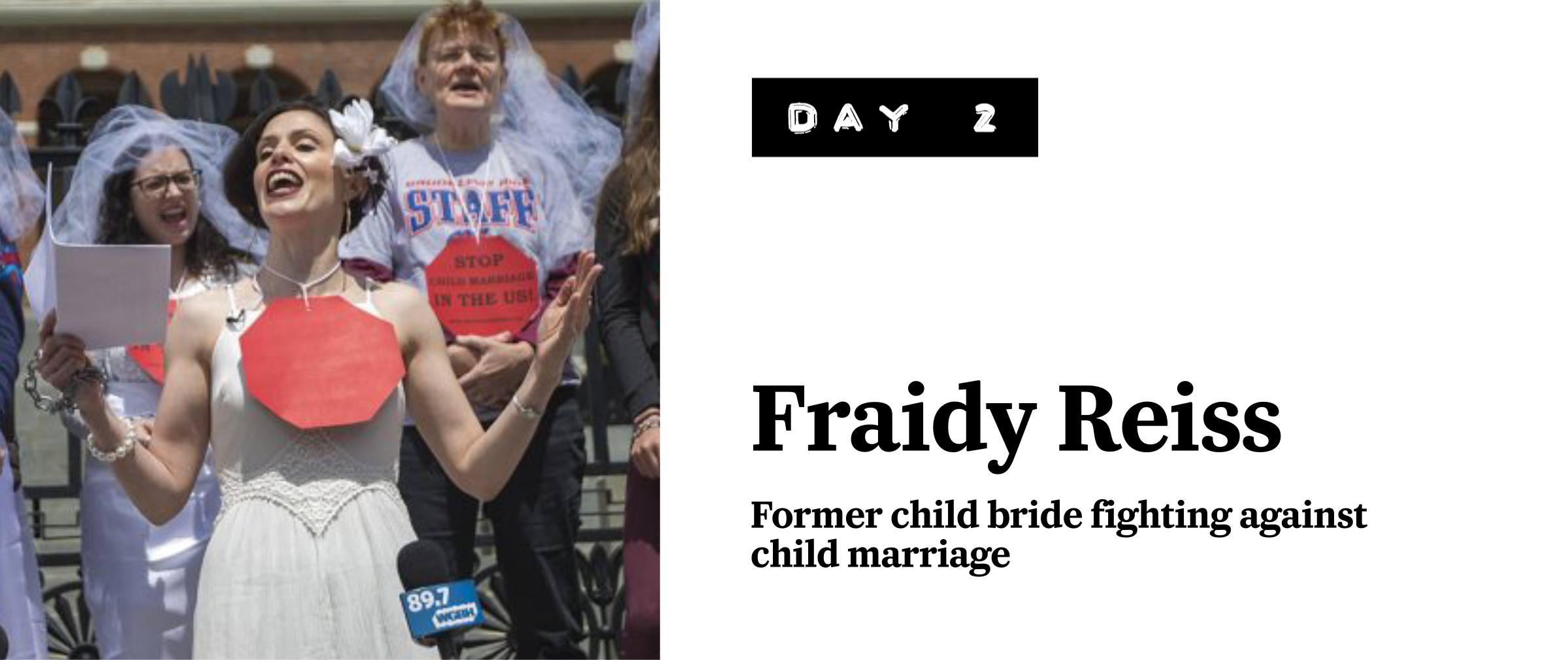
When Fraidy Reiss was 19 years old, her family arranged her marriage to a man within their Orthodox Jewish community that she had only known for three months. After she was wed, Reiss learned that her new husband was a domestic abuser who repeatedly threatened to end her life. Because she had neither a college education, a job, nor was supported by her family in her decision to leave her husband, it took 15 years for Reiss to obtain a divorce. In 2011, after leaving her husband and obtaining full custody of her two daughters, Reiss founded the nonprofit Unchained at Last to support other women who wish to leave arranged and forced marriages through legal assistance and representation.
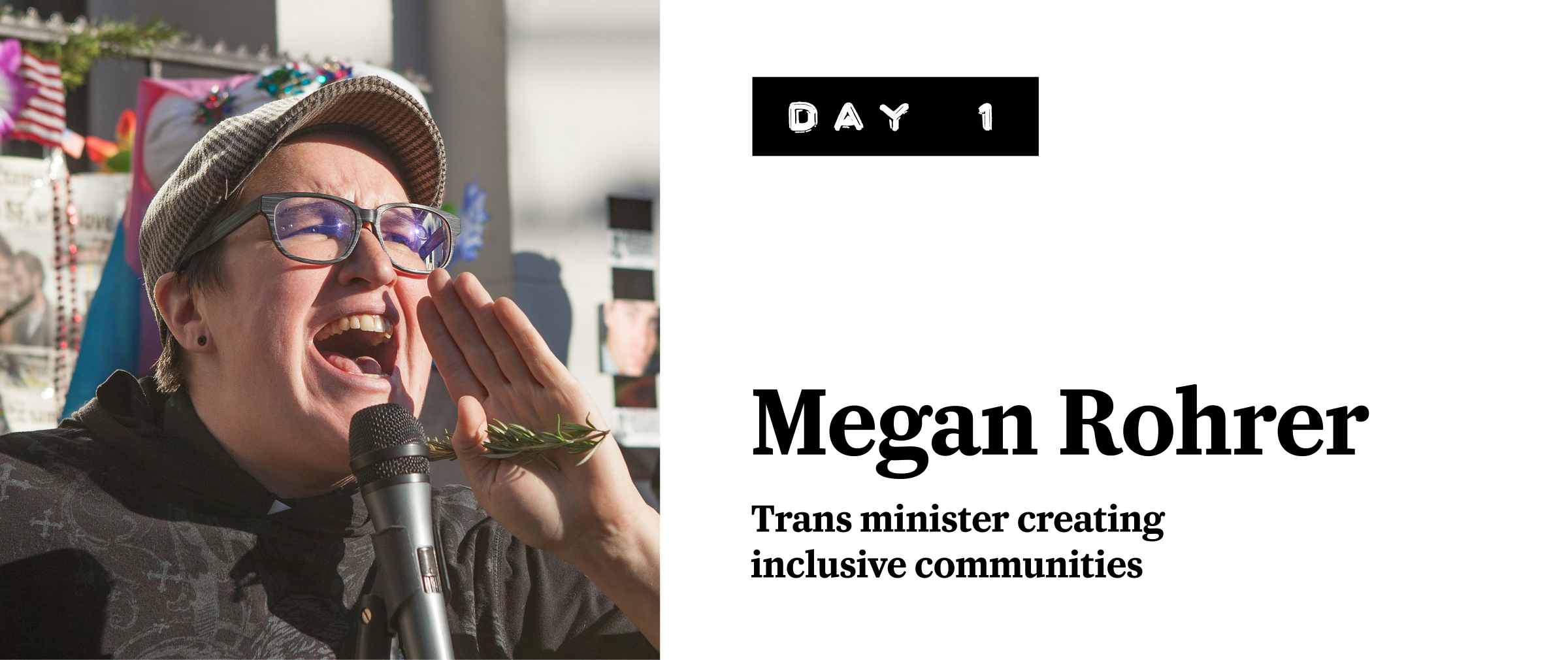
Reverend Megan Rohrer is America’s first openly transgender minister to be ordained by the Evangelical Lutheran Church. While on her pulpit, Rohrer preaches about the power of harmony and acceptance. In 2017, she became the San Francisco Police Department’s first-ever LGBTQ Chaplain, allowing her to spread her deeply held belief that religion should unite, not divide, us even further.


No comments:
Post a Comment